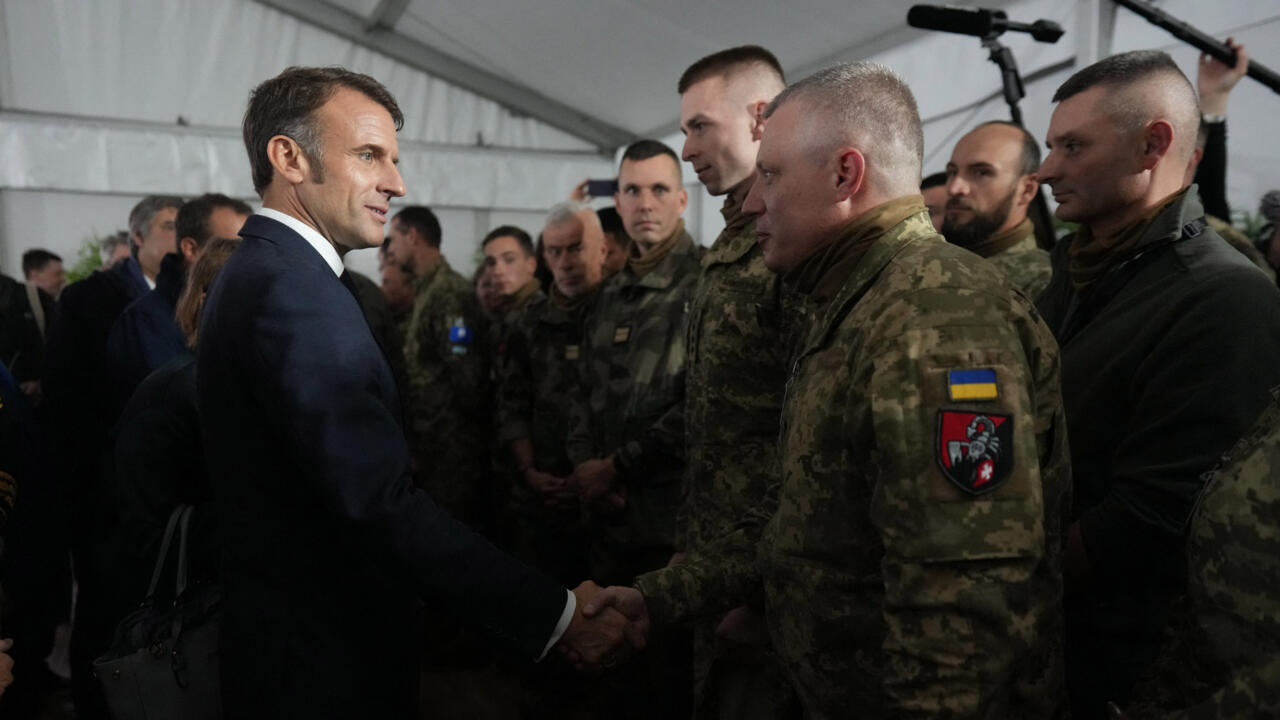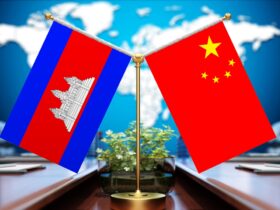Paris’ proposal would mean that France enters the war outright, with Russia possibly responding in various different theaters.
Paris’ proposal would mean that France enters the war outright, with Russia possibly responding in various different theaters.
At the end of October, Russia’s Foreign Intelligence Service (SVR) wrote in a report that France is preparing to deploy a contingent of up to 2000 soldiers and officers to Ukraine.
UWI author, historian and political scientist Associate Professor Mehmet Perinçek commented what such a move would mean for France-Russia relations and the EU’s leading countries.
From an indirect to a direct conflict
Such a move would mean for France to enter the war outright, which it is already involved in indirectly. It would put Russia and France in a direct state of war, making French soldiers targets for Moscow. Russian officials have repeatedly stressed that any foreign soldiers sent to Ukraine would be treated as legitimate targets.
Also, implementing such a plan would open the door for Russia to respond to France not only along the front line, but across multiple areas. The two countries have already found themselves on opposite sides in Africa, even if not in open conflict. Russia’s influence in Africa would be directed to isolate France further. In other regions where their interests clash, from former French spheres of influence and colonies to other important regions, Moscow would likely take geopolitical steps against France. Economic retaliation could also come into play.
Single-handedly, or a broader European consensus?
That said, for France to send troops single-handedly would be a major gamble. Taking such a step without a broader European consensus would leave Paris isolated against Russia, and that could end very badly for France. For that reason, it’s unlikely Paris would embark on such an adventure alone. France would certainly want the UK, Germany, or other European countries at its side to share the burden.
“France–Germany–UK tied their political fate to the war”
France’s plan, far from bringing the peace closer, would do the exact opposite: prolong the war, fuel it further, and potentially widen its geographic scope. From the very beginning, and especially after Trump’s return to office, Europe’s war-hawks have taken a stance that sabotages peace, blocks every diplomatic initiative, and even seeks to derail them through calculated provocations. Today, the France–Germany–UK trio stands as the biggest obstacle to any peace in Ukraine.
These governments have tied their political fate to the war. They have reached a point where any move toward peace in Ukraine, and any failure of the Atlantic strategy they’ve hitched themselves to, would effectively mean the end of their governments. Put differently, they can only remain in power as long as the war continues. If the war ends, the very ground for their political existence collapses
Double bind
In that sense, these governments have a two-pronged objective: weaken Russia on the battlefield, and as a precaution in the case of the US pulling back from the region and turning inward, position themselves as a new imperial center of gravity.
I’ve said these governments can go on only if the war continues. But the reverse isn’t any better: their insistence on war is also bringing about their downfall. As we’ve seen since Russia launched its operation in Ukraine, their insistence on war has produced economic and political crises. In short, the warmongers are trapped. They are thrashing around in a swamp.

















Leave a Reply